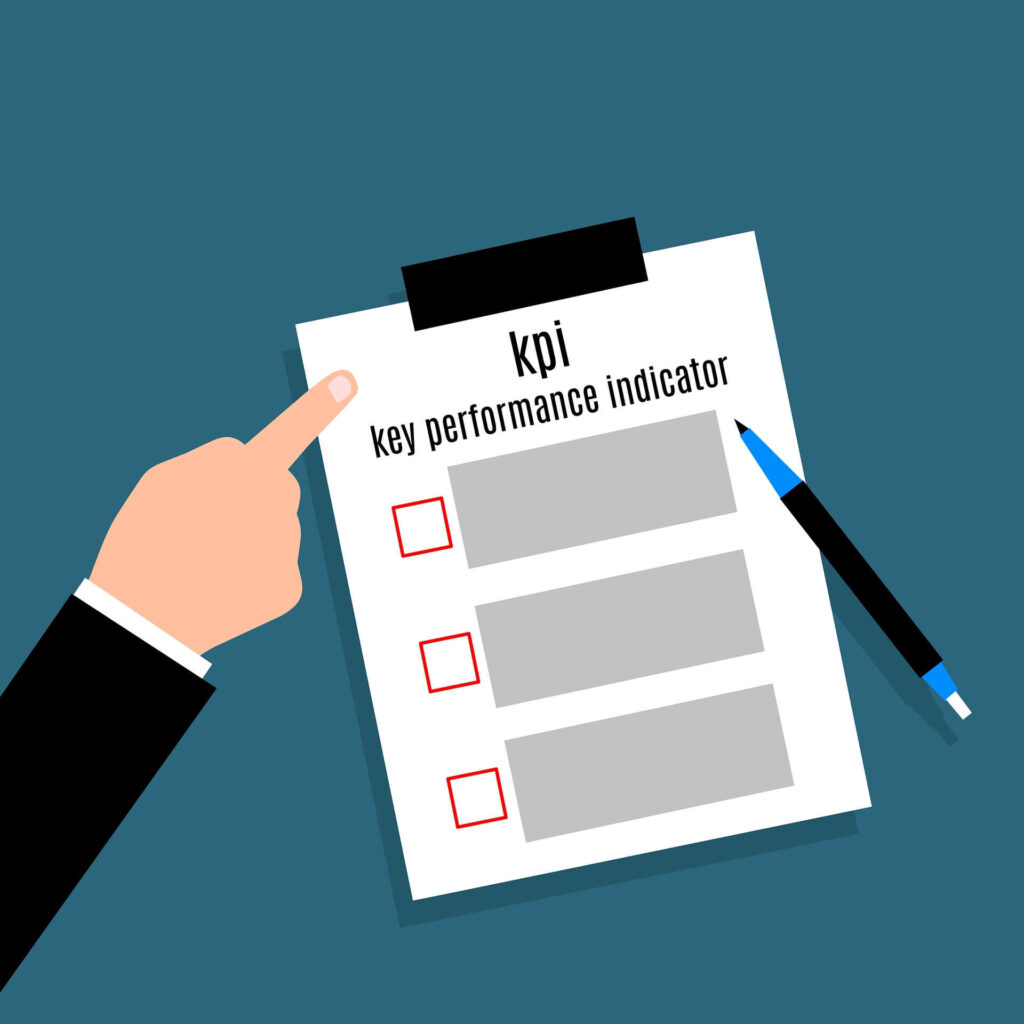
Your company needs to keep up with several major HR technology trends to meet the demands of an increasingly complex environment. Things are moving fast, and HR software is starting to catch up. You need to stay competitive and give your HR the edge to keep up with all the current trends.
Companies launched the technology wave in the late 90s to streamline processes with features like ATS, talent management, and performance management. Today HR technology and remote software tools are essential for managing people. Almost 58% of companies depend on HR technologies for talent recruitment and retention. Things ranging from recruiting to onboarding, conducting performance evaluations, and finding temporary blue-collar workers.
For this reason, this blog will explore all the important trends in HR technology for 2023.
HR Technology Trends Supporting a Hybrid Work Model

As more and more people are working from home nowadays, you need HR Software that supports that. It doesn't matter if you work remotely in a company or work in a hybrid work environment. It would be best if you had the latest remote work technology software. Your employees need a quick approval process when they log in. For example, whenever an employee chooses to work from home, their supervisor or manager will receive a prompt to approve or reject the request, thus making the whole process easier.
Youbelee is currently paving the way with its work-from-home features. Their table layout offers a clean view of all the "Work From Home" requests. This way, you have all the necessary information in one place and can approve or reject requests faster and easier. Because the pandemic changed how we use business, these tools have become essential for our work.
Using AI in Recruiting
AI is here to stay, and it can be a handy tool. In one area, it can be beneficial, like recruiting, which has become a significant challenge for companies due to the difficulty in filling roles and high turnover rates. The recruitment process is time-consuming, covering a range of activities and including multiple steps. Recruiting tools are becoming more sophisticated to address these demands, such as integrating AI technology.
AI can help save time, tackle human bias, deliver suitable candidate matches, and save money. However, responsible AI is the new trend, and companies must consider this approach seriously. Responsible AI can promote diversity and inclusion but can still be prone to unintentional bias. Vendors and users must think beyond minimum compliance requirements, ensuring their algorithms produce equitable hiring outcomes. It's essential to ensure data quality, job ads, and AI tool assumptions to avoid bias. By implementing responsible AI, companies can benefit from improved revenue growth and customer experience while addressing environmental, social, and governance metrics.
Tracking your Employee's KPIs

Good HR leaders aim to improve team performance by measuring and analyzing employee data. Therefore, people analytics and employee tracking are crucial tools for HR professionals. There are four types of people analytics: descriptive, diagnostic, predictive, and prescriptive. Although KPIs are essential to set during the process to measure team performance over time, you must also measure KPIs.
Some analytics programs utilize AI technology to process data faster and more effectively. However, we have to consider ethics when collecting our employee data. HR leaders should talk with their teams about the purpose of people analytics and be transparent about how they use it. They should ask for feedback to preserve that human connection while increasing productivity.
Agile Teambuilding as one of the More Substantive HR Technology Trends
In today's rapidly changing business landscape, it is crucial to have a system that promotes seamless interaction and collaboration among teams. The answer to this challenge is HR engagement software that unifies teams and provides a common platform. In addition, it has to boost teambuilding efforts and help organizations achieve agility during times of change.
Your software should promote collaboration and enhance communication among cross-functional teams, thus increasing productivity and efficiency. Moreover, it helps organizations bounce back from temporary failure by providing them with a crisis management function.
With AI-powered HR engagement software, organizations can strengthen their long-term resiliency strategy. They can analyze data and identify trends, enabling them to make informed decisions to navigate through changes fluidly. As a result, this technology is becoming increasingly crucial in HR trends in 2023, and companies that embrace it will gain a competitive advantage in the marketplace.
Consolidate Different Generations of Employees

The workplace has become a melting pot of generations, and this presents a challenge for HR teams. However, HR software is providing a solution. It's now possible to align the different age groups within a company and create a standard, unbiased communication platform for any age group.
This ensures that every employee is exposed to the same HR-related information and communication channels, regardless of age. This creates an environment where employees can interact and engage without age-based inhibitions. By using HR software to address generational gaps, companies can promote diversity and inclusivity while avoiding potential communication barriers that could negatively affect employee engagement and satisfaction.
In conclusion
As we move forward in 2023, companies must keep up with the latest HR technology trends to stay competitive in an ever-changing environment. HR software and remote tools have become essential for managing people, with almost 58% of companies relying on them for talent recruitment and retention. Five key HR technology trends have emerged for 2023:
- Supporting a hybrid work model
- Using AI in recruiting
- Tracking employee KPIs
- Promoting agile Teambuilding and consolidating different generations of employees
HR software that supports a hybrid work model is necessary for companies with employees working remotely or in a hybrid environment. AI technology can help save time and tackle human bias in recruiting, but companies must ensure responsible AI and avoid unintentional discrimination. Tracking employee KPIs and analytics tools can improve team performance while promoting transparency and preserving human connection. Agile team-building software can encourage collaboration and resilience during times of change. Lastly, consolidating different generations of employees with HR software can promote diversity and inclusivity while avoiding communication barriers.
As HR technology advances, companies must keep up with the latest trends to stay competitive and meet the demands of an increasingly complex environment. By embracing these trends, companies can gain a competitive advantage and promote a diverse and inclusive workplace.
